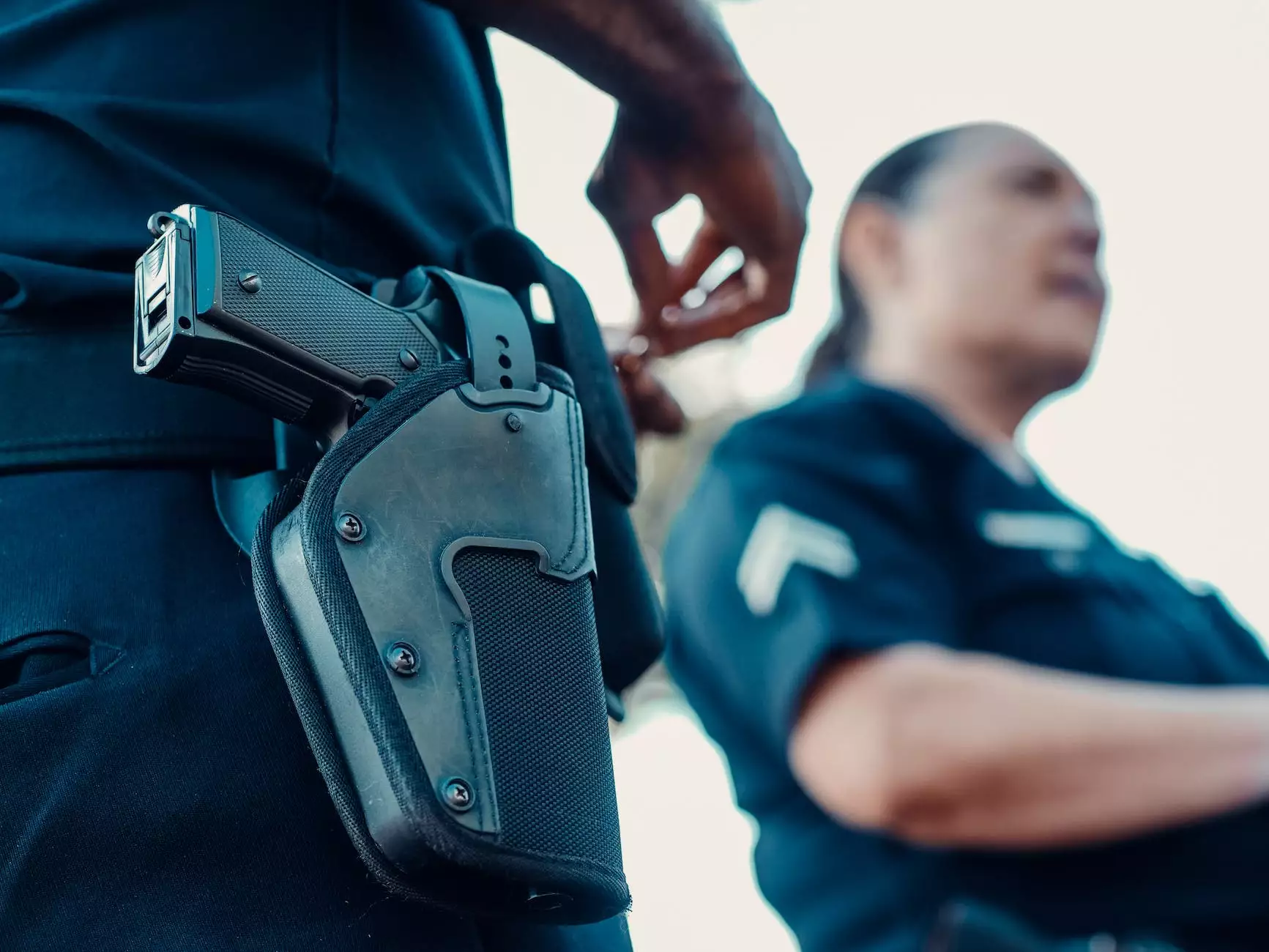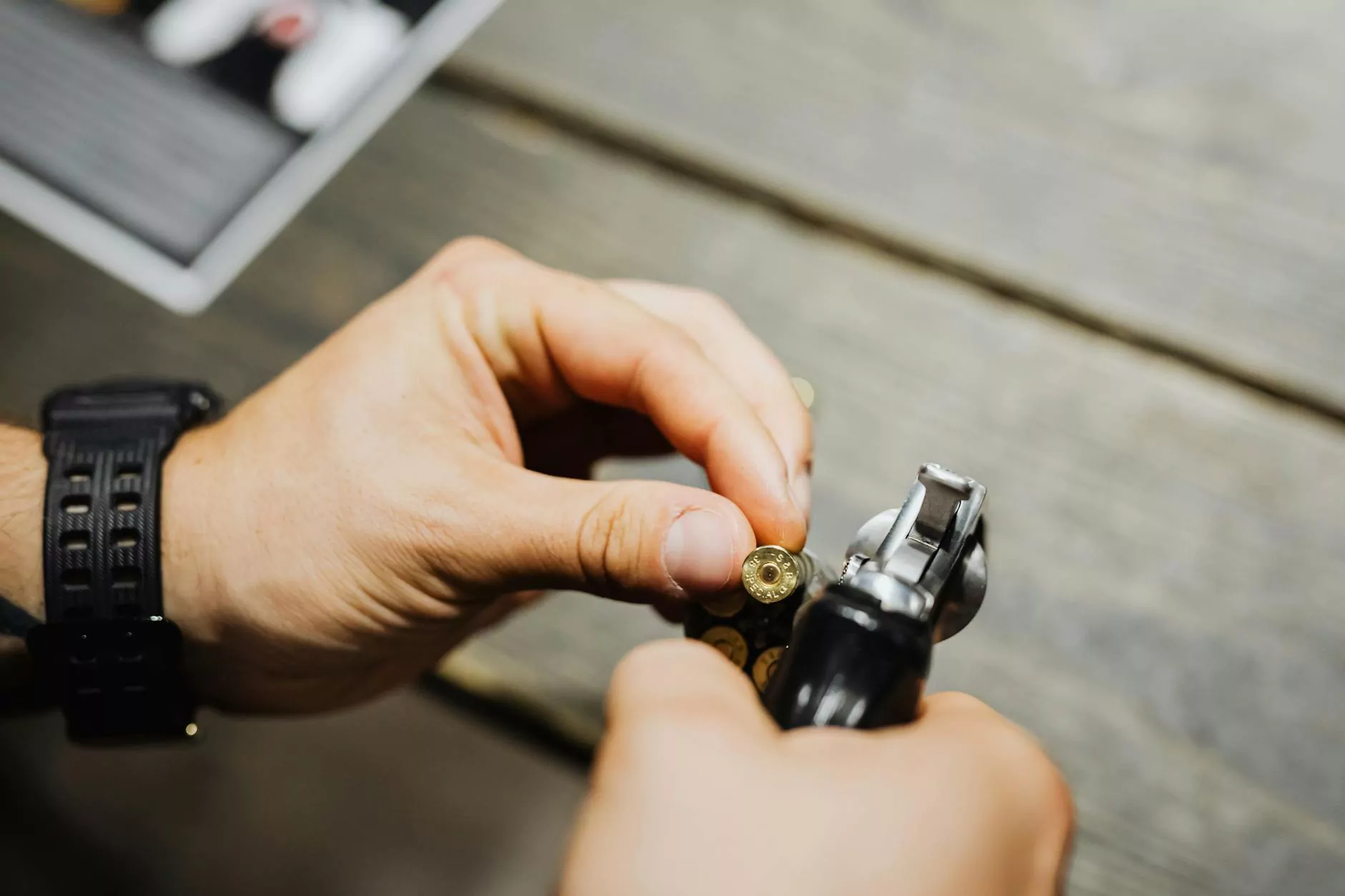Ammo Allowed - Comprehensive Guide for Sports, Hunting, and Shooting Enthusiasts
Ammo
Introduction
Welcome to the comprehensive guide to ammunition regulations for sports, hunting, and shooting activities brought to you by Lance Keller, your trusted resource for all things related to the shooting sports. We understand the importance of staying informed about the ammunition rules governing these activities, so we've gathered all the necessary information in one place to ensure that you have a hassle-free experience. Read on to explore the types of ammo allowed, specific safety requirements, and more.
Understanding Ammo Regulations
When it comes to sports, hunting, and shooting activities, each jurisdiction may have specific regulations regarding the types of ammunition allowed. It's crucial to familiarize yourself with these regulations to ensure compliance and maintain safety. In this guide, we provide you with detailed information on the most common types of ammo and specific rules governing their use.
Types of Ammo Allowed
There are various types of ammunition suitable for different shooting disciplines. Let's explore some of the most commonly allowed types:
1. Rimfire Ammunition
Rimfire ammunition is widely used in small-caliber firearms such as pistols and rifles, particularly for target shooting and plinking activities. It functions by striking the rim of the casing's base to ignite the primer. Ensure to verify that rimfire ammo is permitted for your intended use.
2. Centerfire Ammunition
Centerfire ammunition is commonly used in handguns, rifles, shotguns, and other firearms. It features a primer located in the center of the casing's base, which is struck by the firing pin to initiate ignition. Different calibers of centerfire ammo are available, and it's essential to confirm which calibers are allowed within your jurisdiction.
3. Shotgun Shells
Shotgun shells are specifically designed for shotguns and consist of a plastic hull containing multiple small projectiles or a single slug. These shells are suited for activities like bird hunting, skeet shooting, and various clay target sports. Consult local regulations to determine the specific types of shotgun shells allowed for different shooting activities.
4. Specialty Ammunition
Specialty ammunition includes various types such as hollow point, full metal jacket, soft point, and more. These rounds are usually tailored for specific purposes, such as self-defense or specific hunting applications. It's crucial to check whether specialty ammunition is permitted for your intended use or if there are any restrictions on certain bullet designs.
Safety Requirements
Ensuring safety is paramount when engaging in any shooting activity. As responsible enthusiasts, it's our duty to follow the necessary safety protocols. Here are some general safety requirements to keep in mind:
1. Proper Storage
Always store ammunition securely in a cool, dry place, away from children and unauthorized individuals. Follow the recommended storage guidelines provided by the manufacturers for optimal safety.
2. Handling and Transportation
Exercise caution when handling firearms and ammunition. Keep firearms unloaded when not in use and ensure that ammunition is stored separately during transportation to prevent accidental discharge.
3. Range Safety Rules
When visiting shooting ranges, familiarize yourself with and adhere to their specific safety rules and regulations. These rules typically encompass safe handling, properly clearing firearms, and following range officer instructions.
4. Legal Restrictions
Stay informed about any legal restrictions pertaining to ammunition possession, purchase, and usage. Compliance with local and federal laws is crucial to avoid any legal complications and promote responsible firearm ownership.
Conclusion
In conclusion, understanding the regulations and guidelines regarding ammunition usage for sports, hunting, and shooting activities is vital to ensure a safe and enjoyable experience. Lance Keller is committed to providing you with comprehensive information to assist you in making informed decisions. Remember to review local regulations and consult with relevant authorities to stay up-to-date with any changes in ammo allowances. Stay safe, enjoy your shooting activities, and remember to always prioritize safety first. For more information and expert guidance, contact Lance Keller today.




